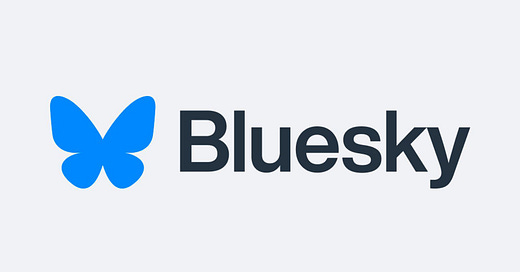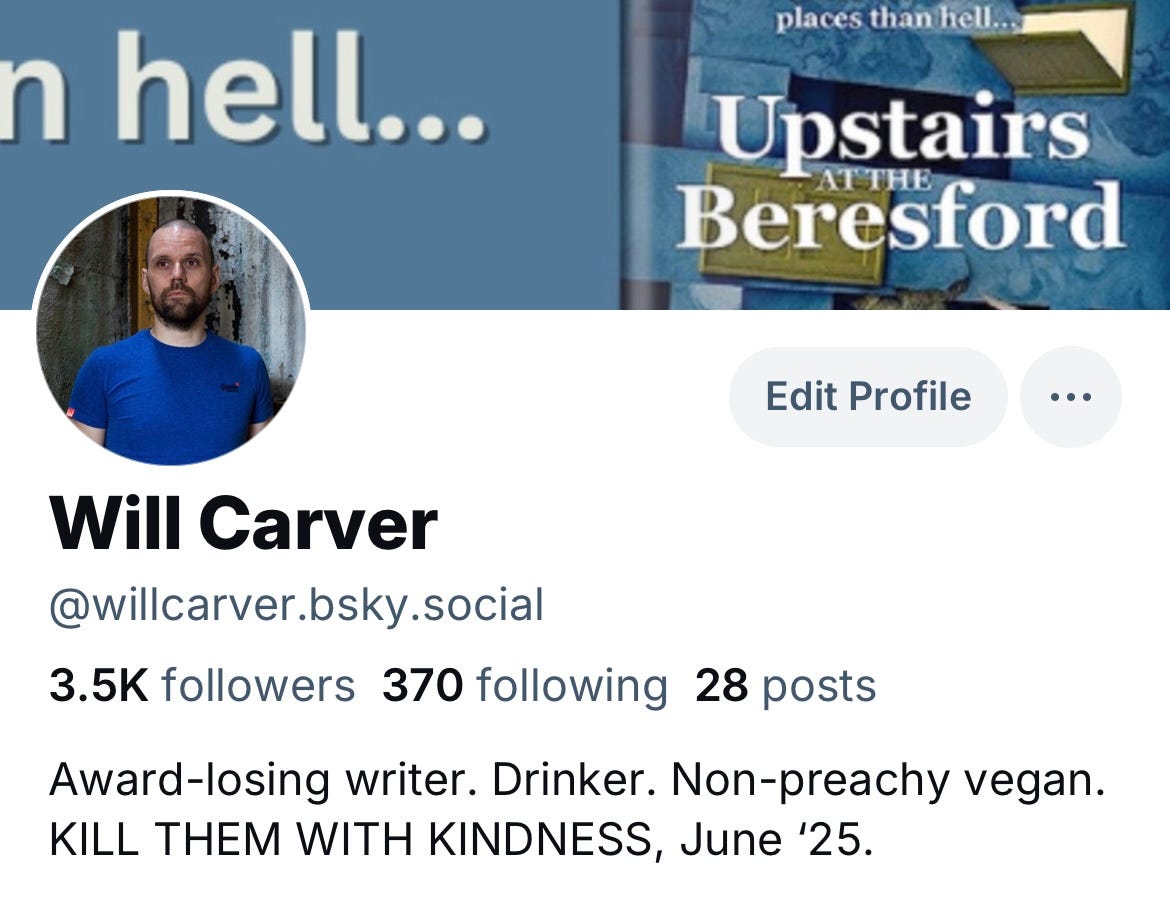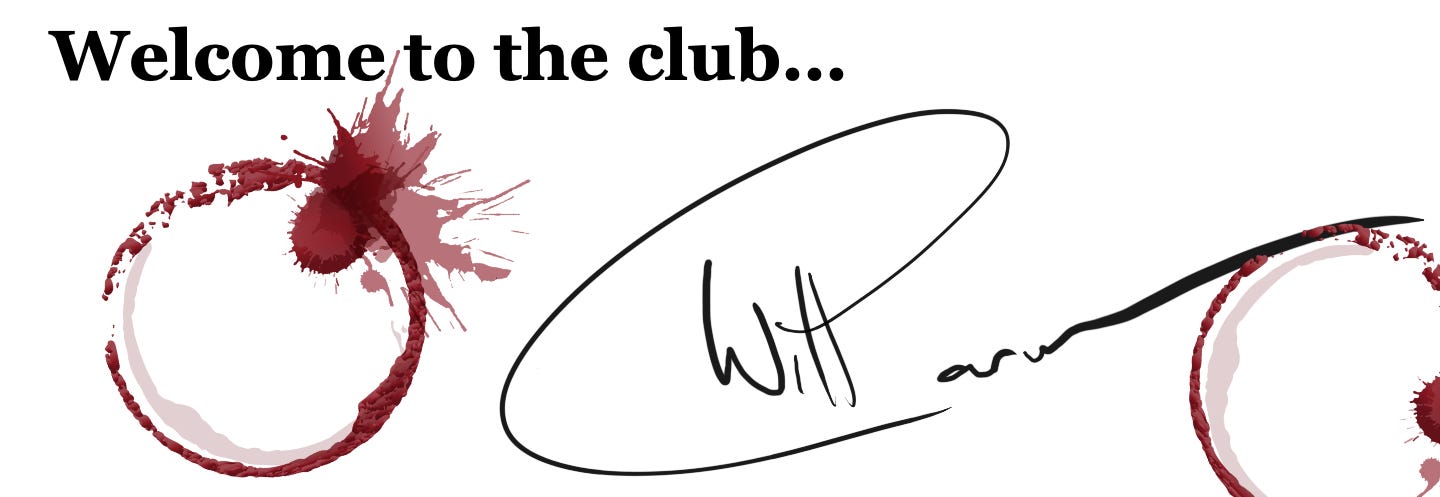‘Because it’s cool.’ This was Mark Zuckerberg’s reason for Facebook not having any advertising on its platform – back when he was perhaps more idealistic and was hoping that this new thing called Social Media was going to connect the world.
And he was right. It was brilliant. And positive. And we were all using it to find people that we had lost touch with or form groups with people we work with or keep in contact with extended family. It was about connection.
New features were added that people rejected at first but then learned to embrace. (Remember when you had to start each post with is?) You could add pictures and videos and this developed into something called the humble brag. But everyone went along with it and they started hitting the like button even though we didn’t realise, at the time, that every click of that was a dopamine hit that many would end up craving. It was still about having a wider network of people we could talk to.
Then they made it easy enough for our parents to use and it got taken over by old people and we needed something new. Alternatives started to spring up. Lots of them died. A few thrived.
Twitter was great for writers because it was just about posting words. And you only had a certain amount of characters, so you had to think about what you were saying. You had to craft. It suited us.
For me, Instagram is a visual space. It’s for artists or chefs, photographers and personal trainers. The guy who runs the local gym could write a workout routine on Twitter and nobody would care, but if he could show a few bicep curls on Instagram, he would get more engagement. Describing the Manhattan skyline is one thing but being able to show it in a photograph you have taken is better.
Remember Vine? You could only make short videos. It forced creativity. It made filmmakers (or future ‘content creators’) think about what they were filming in the same way that Twitter made writers think about what they were writing.
Things changed and suddenly we had more characters to play with. Less thought went into posts – or tweets as we used to call them.
Then Elon Musk bought Twitter and said you had to pay for your blue tick and people were outraged. Something called Mastodon sprung up as an alternative and everyone said they would move but it wasn’t particularly user-friendly and people came back to give Twitter another go.
Then they realised they were being bombarded with pictures of women in the nude or videos of fights and people getting shot and threads of the greatest places on the planet or amazing things you never knew about Keanue Reeves or whatever. It was not what we were asking for.
Along came BlueSky. Another platform for us to consider. You had to get an invite from somebody to get on it. It felt like a secret club. People were being nice on there, they were using social media in the way we had all joined for in the first place back when it was cool.
But they went back to Twitter, which was now called X and everyone was sure that it was a cesspit of hate and filth and racist crap, and they were right. But damn, we’d spent a decade building a following on there, it was hard to give it all up, even if it turned out that there were no engagements with your posts if you didn’t pay to have your goddamned blue fucking tick.
Then Trump won the election and everyone thought, fuck it, I’m off.
I was dubious. This had happened before. What would Twitter look like when we all went back after a couple of weeks?
But this feels different...
When I tried BlueSky before, it was a knee-jerk reaction. I think it was for most. We posted a couple of things. "‘Oooh, it’s a bit nicer here, isn’t it?’ And we totted up 300 followers who were slowly being invited to the club but it wasn’t really hitting. I’ve gained 3,000 followers this week! The platform has gained millions. Maybe this is the counter-culture revolution we were hoping for.
Elon Musk doesn’t give a fuck but it’s not about him. (I’m sure he wouldn’t believe that.) It’s about us. It’s about being able to post about the things we like and connecting with others who are like-minded.
I hope.
The thiing is, if you are a writer or you want to be a writer, publishers do want you to have an online presence. But they don’t even really know what that means. Half a billion followers does not mean that you will sell half a billion books. (I talk about this on one of the Let’s Get Lit podcast episodes…
I really think you need to know what you want social media for. What does it add to your life? Is it useful for promotion? Are you there to preach? Are you there for fun? Do you want to help others? Do you just want to connect? I think all of these are fine. Social media can be your pulpit and your safety blanket.
I loved Twitter in the earlier days. I wanted to connect with other writers because it is a solitary profession and it is great to talk with people who know your struggles and your achievements. But it was also the best way to connect with readers. And not necessarily readers of my books, just people who like the written word over a sixteen-second dance craze. The kind of people who don’t give a fuck about what is trending.
BlueSky has that feel, right now. It’s a positive place but it is about sharing and connecting. It’s the same reason I still like to listen to vinyl or watch a DVD or, actually, write with a pen. There’s an analogue warmth. You know? It’s familiar.
If I see a writer saying that they are on TikTok, I assume that they haven’t really thought about why they need it, that all they want social media for is to remain relevant and sell some books. (And that’s okay but there is a reason writers work on their own in sheds and actors/singers perform to crowds.)
Social media is a difficult landscape to navigate. And it’s time-consuming. I haven’t written on here for a couple of weeks because I was working on the final edit for a book. (I noticed a paid subscriber left but maybe you’ll come back when you see what I do over the next few weeks.) But updating Facebook and Twitter and BlueSky and Threads and Instagram pulls you away from what you want to really do, which is creating a novel or play or screenplay or poem.
That’s where the energy should be focussed.
So I think it is important, with social media, to think about why you need it and what you think it adds to your life. Because you definitely don’t need all of the platforms. What you need is to WRITE. There is no point having 20k followers that love to see pictures of your dog if you can’t get your novel finished.
For me, Twitter was about connecting with readers and writers. I hope that BlueSky will replace this. If I find I am getting the engagement I used to get on Twitter, I will shut that down. (We should all do this, it will feel like more of a movement if we do.)
Substack and Podcasts are my pulpit, I guess. I can say what I think about the world in which we live and the industry that I work in without trying to wrap it up in some kind of crime story. It can feel like screaming into a vacuum at times but my rants often resonate with a few people, at least.
Instagram is supposed to be a visual snapshot of my creative life for anyone that is interested. It gives me a chance to show some of the books that I have enjoyed and share some lines that I am working on. I don’t hashtag anything, I’m not looking for followers, it’s fun and it allows me to be creative visually.
But, above all, I am on my laptop in my Pages app or my Final Draft app. I’m writing. I’m writing books and plays and poems and movies. That is my real outlet. That’s the thing I think I’m best at.
I love Hollywood movies made between ‘69 - ‘79 because there was a counter-culture revolution. It was a time of experimetation and creativity. Look at the music that was coming out of the LA Canyons during that time, too. Look further back to a time when writers were the rockstars. Now, rock stars aren’t even rockstars.
I don’t know how we fight back against the dominant culture but maybe it starts with moving away from a diseased platform like Twitter/X and embracing something new like BlueSky. It might not work. It feels like a risk. But all the best things do.






